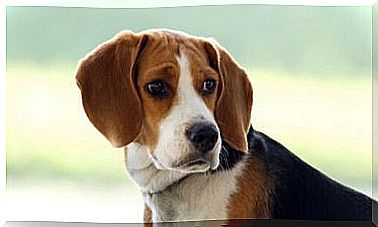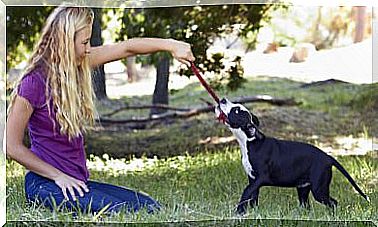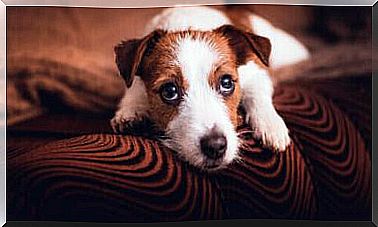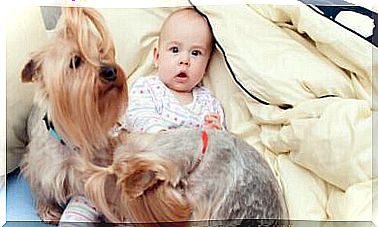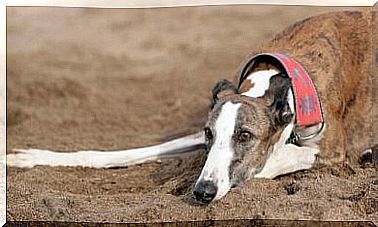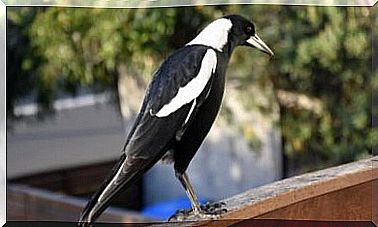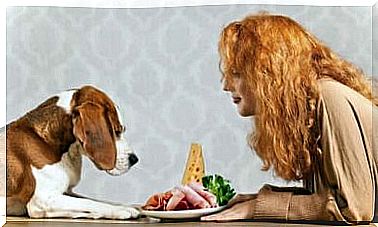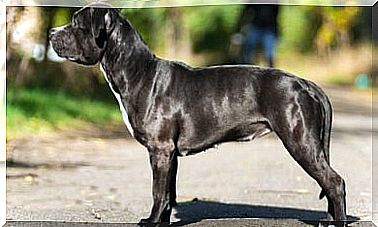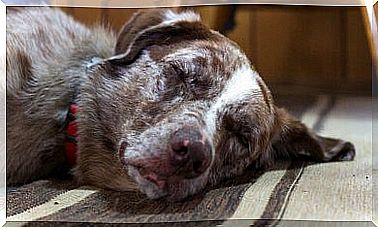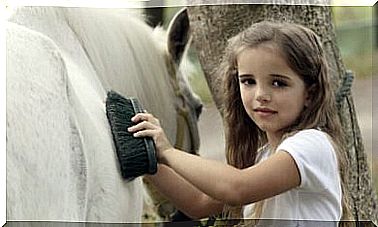Rabbit Teeth Problems
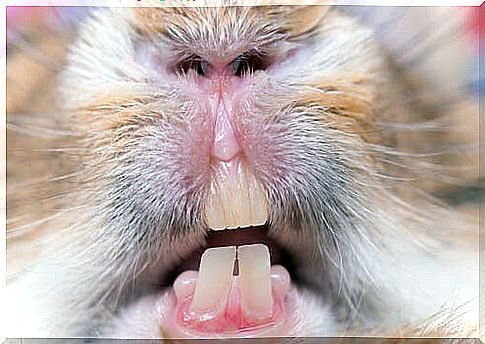
It is very important to keep our pets in top condition. Therefore, being informed about your needs is vital. In this article, we’ll show you what typical rabbit teeth problems are and how to solve them.
Rabbit Teeth: What to Know
If you want to adopt a rabbit as a pet, or if you’ve only had one at home for a short time, you may be impressed to learn that they spend many hours a day gnawing, especially on food. Not because it is a greedy animal, but because its teeth are “open roots” and therefore grow throughout life.
Each week, the rabbit’s teeth can grow up to three millimeters. It may not seem like it, but if we let time pass and they don’t wear out properly, it can cause serious health problems, such as malocclusion.
The rabbit’s mouth is made up of two types of teeth: the incisors and the cheek teeth (molars and premolars). If the first ones are not used properly, the animal will not be able to close its mouth well or it may even suffer a perforation in the lips.
In the case of overgrowth in the second group, the consequences will be dislocation of the jaw, wounds and abscesses.
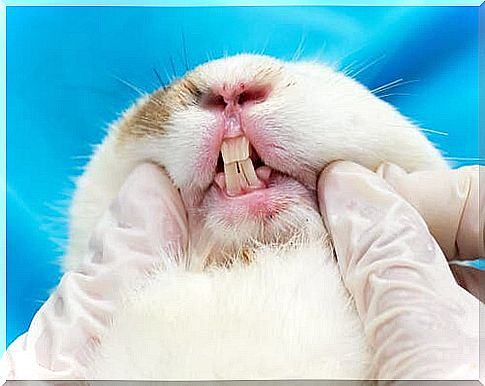
Malocclusion due to problems with the rabbit’s teeth
This is the most common dental problem in lagomorphs due to continuous growing ‘special’ teeth. There are several factors that can influence the appearance of this problem:
Hay deficient diet
Hay is the mainstay of the rabbit’s diet. Not just nutritionally, but also because it allows the animal to gnaw and wear out its teeth.
Traumas
If the animal suffers a fractured or dislocated jaw, it may not feed properly and therefore its teeth will continue to grow.
infections
They are more common than you might think and can be caused by poor hygiene in the cage or eating food that is in poor condition.
Heritage
For example, malocclusion is a common problem in dwarf rabbits and is even considered a birth defect.
other causes
Tumors in the mouth or head area can alter the growth of teeth or change the animal’s habits. Furthermore, in rabbits with blindness or systemic diseases, there is more possibility of developing malocclusion due to changes in feeding.
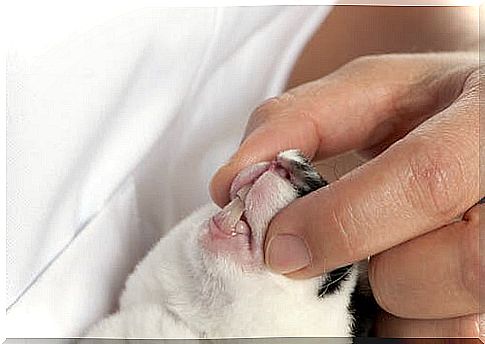
How to Identify Rabbit Teeth Problems
The most visible symptom of a rabbit’s teeth problem is that the teeth become ‘misaligned’ or protrude from the mouth. But before that, there are other symptoms that we can identify in our pet:
Weight loss
Many rabbit owners look for a veterinarian because they realize that the animal has lost weight for no apparent reason: they think the disease is serious, but in fact, in the case of rabbits, it may be due to malocclusion.
Lack of appetite
In relation to the above, a rabbit that cannot chew well and that feels pain when closing its mouth will take ‘drastic’ measures, such as stopping eating (or just eating light meals). This brings as a consequence anorexia, which worries the tutors.
Wounds and eye pressure
You should pay close attention to your rabbit’s face area to find small clues that will help you identify a tooth problem. For example, some suffer optic nerve damage – eyes popping out – and others have sores around the mouth.
How to avoid problems with rabbit teeth?
Our pet needs a balanced diet to avoid this kind of problem. Therefore, it is recommended to consult a veterinarian for recommendations on daily rations and type of food. Hay, alfalfa and field herbs are essential for the animal to gnaw.
Occasionally, we recommend that you take a look at the rabbit’s mouth. If you notice that his teeth are too big, take him straight to a professional appointment.
